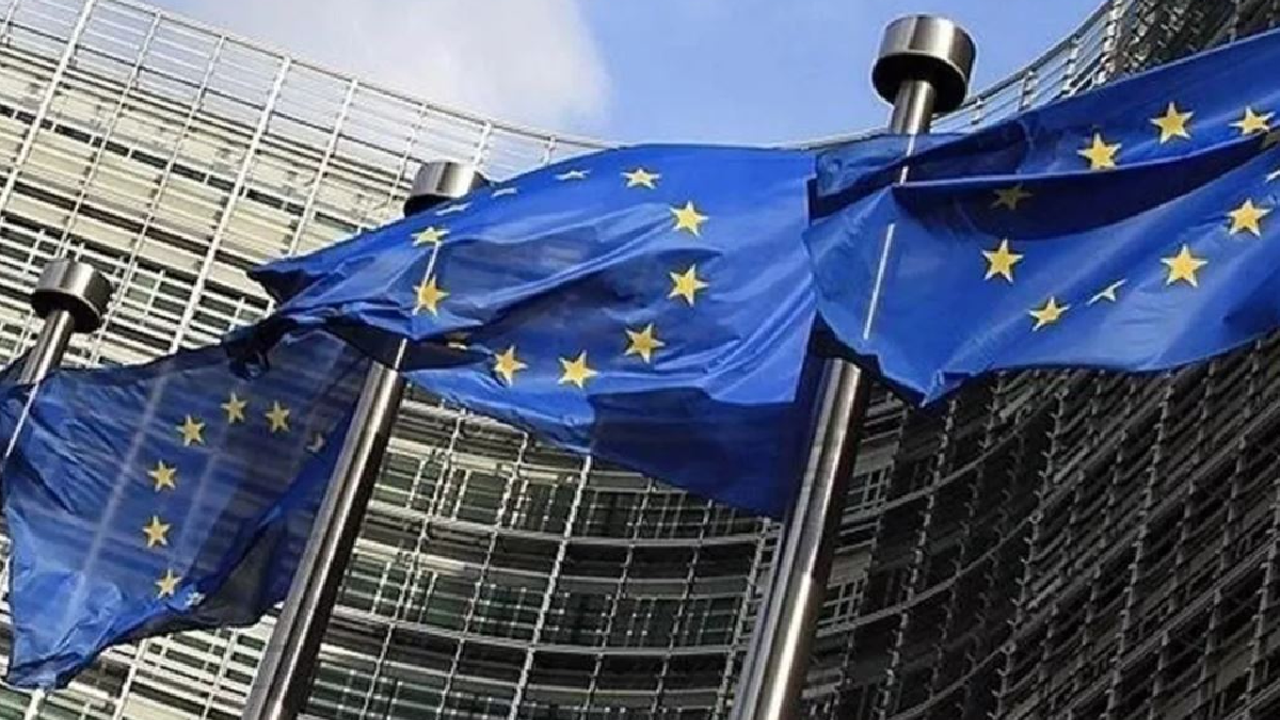EU calls on member states to 'reduce energy subsidies'
The European Union (EU) Commission has called on member states to comply with union fiscal rules and reduce their current energy support measures by the end of this year.

According to Anadolu, in the study titled "European Spring Semester Package" published by the EU Commission, which includes recommendations on the economic situation of member states, all member states were asked to maintain a sound fiscal position and implement prudent fiscal policies that limit the nominal increase in net primary expenditures.
The study called on member states to use public subsidies and EU funds in a way that encourages green and digital transformation in particular, and stated that the current energy support measures should be reduced by the end of 2023.
The study pointed out that if energy prices start to rise again, subsidies should be in a way to encourage energy savings, and that these subsidies should aim to protect the poor and companies.
In the period after next year, member countries should pursue a medium-term fiscal strategy that includes investments and reforms conducive to sustainable growth for a prudent medium-term fiscal position, the study said.
In the study, which stated that a report was prepared for 16 member states, namely Belgium, Bulgaria, Czechia, Germany, Estonia, Spain, France, Italy, Latvia, Hungary, Malta, Austria, Poland, Slovenia, Slovakia and Finland, to assess compliance with the public deficit and debt criteria, it was reported that the budget deficit criterion was not met by Belgium, Bulgaria, Czechia, Germany, Estonia, Spain, France, Italy, Latvia, Hungary, Malta, Poland, Slovenia and Slovakia.
GREECE AND ITALY ARE OVERBALANCED
The study underlined that France, Italy and Finland do not meet the debt criteria.
The study stated that Germany, France, Spain, the Netherlands, Portugal, Romania, Romania, Sweden, Hungary, Hungary and the Greek Administration of Southern Cyprus have macroeconomic imbalances, while Greece and Italy have "extreme imbalances".
HIGH INFLATION WARNING
EU Commission Vice President Valdis Dombrovskis, at a press conference in Brussels regarding the study, pointed out that the last 3 years in Europe have been very challenging for individuals and businesses and said, "Despite the recent decline in energy prices, we face many challenges, especially high inflation, which reduces purchasing power and competitiveness of companies."
Explaining that the focus should be on prudent fiscal policies at this stage, Dombrovskis emphasized the importance of identifying the best investments to support growth and making the EU more competitive.
The Stability and Growth Pact, which was established to ensure fiscal discipline and stability across the EU, aims to ensure that member states maintain their fiscal discipline through preventive measures.
According to the Union rules, member states' budget deficits should be below 3 percent of their gross domestic product and the ratio of public debt stocks to gross domestic product should not exceed 60 percent.
Among EU member states, Greece has the highest ratio of public debt to GDP in the last quarter of 2022 with 171.3 percent. Greece was followed by Italy with 144.4 percent, Portugal with 113.9 percent, Spain with 113.2 percent, France with 111.6 percent and Belgium with 105.1 percent.
EU member states had implemented numerous measures and support programs against the rising natural gas and electricity prices due to the Russia-Ukraine war and the energy crisis last year. These energy subsidies put a serious burden on the public finances of member states.
Source: Anadolu Agency









